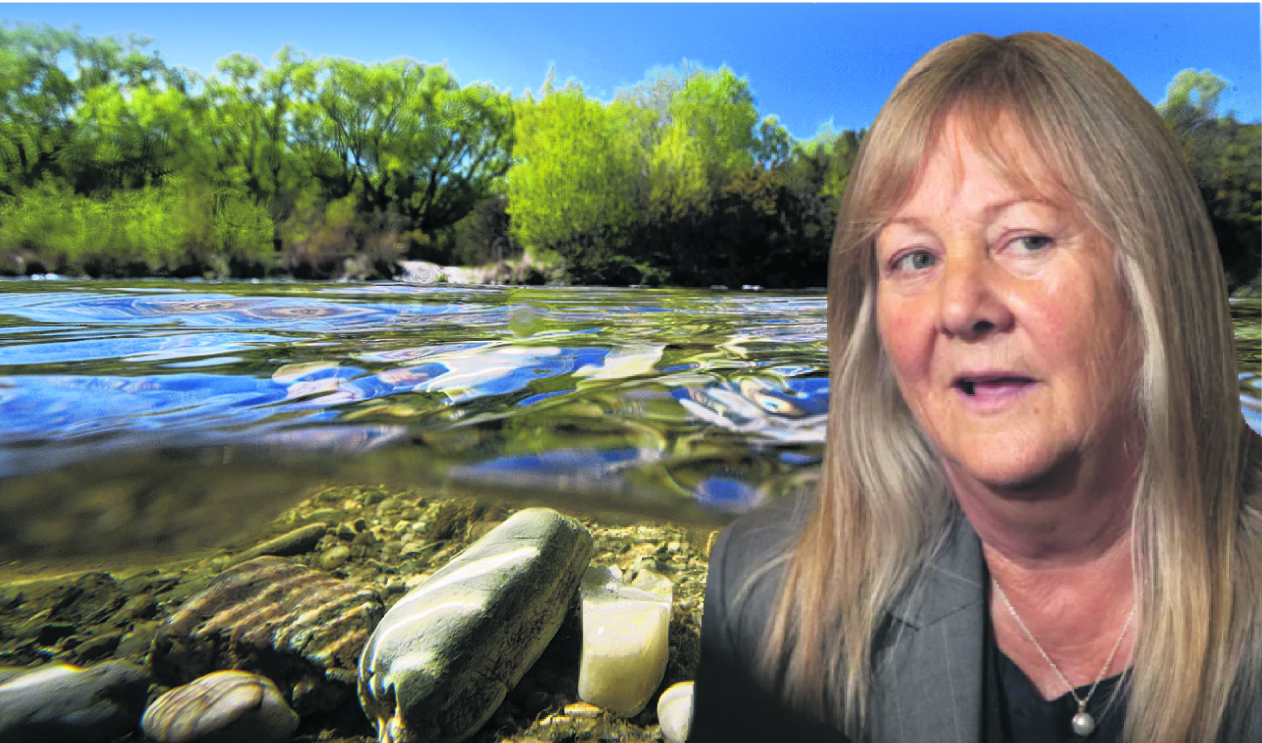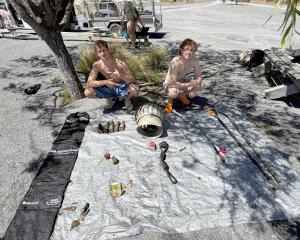
- The ORC was ready to put in place rules around how farmers and others can use land and water in Otago.
- These would be based on the existing national direction and five years of work at the ORC.
- The ORC was due to vote on it today.
- The coalition government is reviewing the existing national direction. It has pressured the ORC to stop work on its plan since last year.
- Yesterday, it announced a law change that will force the ORC to wait until the new national direction is in place.
The Otago Regional Council will not vote today on tougher new rules for the environment after an "11th hour" intervention by the government.
After urging the council to pause work on its plan for the environment since late last year, yesterday the government moved to block any council from approving new rules before a new national policy statement for freshwater management (NPSFM) was in place.
Government ministers said they were providing clarity to farmers and councils while saving ratepayers from unnecessary costs.
Opposition MPs called it a "very sad day for democracy" that showed ministers "have been in cahoots" with a minority group in the region.
Otago regional councillors remained split on the issue — previous attempts to pause the plan have lost in 7-5 votes.

"To date, the Minister for the Environment Penny Simmonds has consistently messaged that regional councils retain the autonomy to decide when to notify their plans, taking into account the need to address regionally specific issues.
"While [today’s planned vote] was a democratic decision by local government, the amendment signals a shift in law and thus government stance ."
The council would take some time to consider the implications to Otago farming, business, recreational and environmental interests, Cr Robertson said.
Ms Simmonds said she rang Cr Robertson, as a courtesy before lunch yesterday, to inform her of the government’s intention.
Council chief executive Richard Saunders said that despite moving the meeting — from the council chambers to the Hutton Theatre at Tūhura Otago Museum in Dunedin in anticipation of a large public gallery — today’s vote would not
go ahead.
Deputy chairman Cr Lloyd McCall questioned what the move meant for local democracy.
"It is disappointing the government has left this decision until the 11th hour to prevent local decision-making," he said
Cr Tim Mepham said today’s planned vote and its "certain" outcome had forced the government to show its hand.
"We can add this government’s disregard for our water quality to the loosening of firearm regulations, the disregard for the progress made within our society with tangata whenua, the support of tobacco companies and the backtracking of promises made in regard to the Dunedin regional hospital, just to name a few."
Cr Alexa Forbes said she was concerned the government was looking for ways to dilute its freshwater standards in favour of increased productivity from the primary sector.
However, Cr Michael Laws said the development was inevitable given the leadup to today’s meeting.
"It will save Otago ratepayers millions of dollars in consulting and legal fees, and bring some much needed political sanity to the regional council table," he said.
Cr Gary Kelliher said the government was showing its concern for ratepayers and council stakeholders was far greater than that shown by the seven councillors who voted to progress the plan.
RMA Reform Minister Chris Bishop said the present NPSFM brought in under Labour was "extremely complex and expensive for farmers and councils to implement".
Ms Simmonds said the government looked forward to "working alongside councils" as the NPSFM was replaced.
Green list MP Scott Willis, of Dunedin, said yesterday was a "very sad day for democracy".
"I've heard that the minister wants to work alongside councils, but at the moment this looks like an overriding of councils.
"It looks like a rejection of what councils have been working on for so, so long."
Labour environment spokeswoman Rachel Brooking, of Dunedin, called the government’s play "a shocking, shameful and deliberate over-reach".
It meant $18million spent on the plan and years of consultation was "down the drain".
Taieri Labour MP Ingrid Leary said she believed ministers had "been in cahoots with the minority group of councillors" and in the fullness of time it may be seen as "a very cosy and inappropriate relationship".
Federated Farmers vice-president Colin Hurst said the government stepping in yesterday was a win for both farmers and common sense.
The farmer advocacy group released a letter to Ms Simmonds from last month asking for an amendment to the Resource Management Act Amendment Bill, before Parliament, that would restrict councils’ ability to notify freshwater plans before the replacement NPSFM.
"Farmers up and down the country will be breathing a deep sigh of relief this afternoon, because the government have done just that," Mr Hurst said.
Forest & Bird freshwater advocate Tom Kay called it a "massive kick in the guts".
"Years of effort and evidence-based work by the community and council, and years of investment, are all being undermined and wasted — with the consequence being continued pollution of our rivers, lakes and groundwater."












